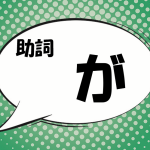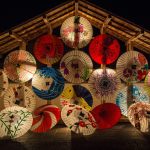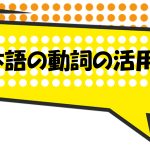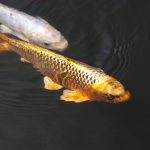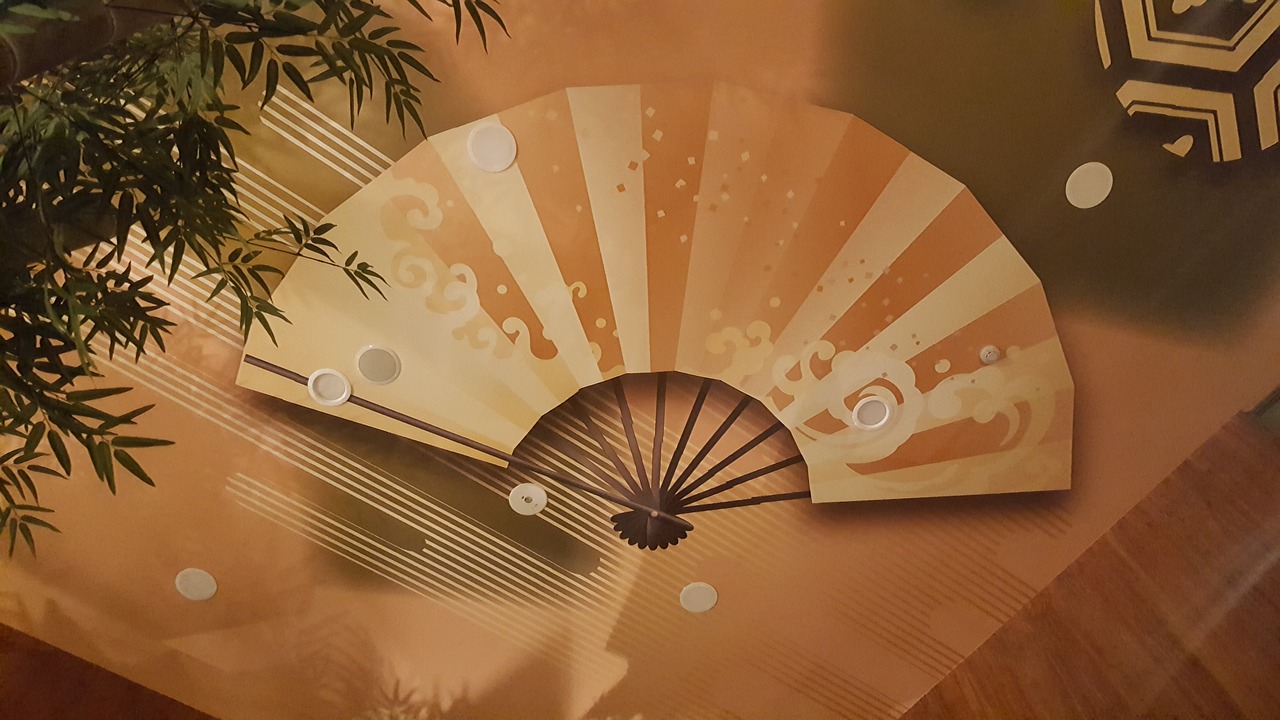
目次
How to make comparisons in Japanese
In English, the comparative form of adjectives and adverbs or "more" and "than" is used to make comparisons.
In Japanese, ajectives do not have special forms for comparative and superlative ideas, and making comparisons is done by placing yori/より after the noun or clause that is the basis of comparison. And the part of the sentence that comes after yori/より should be a descriptive phrase that includes either an adjective or an adverb.
It is better if you memorize a few special patterns that you are likely to meet.
If you want to say, "A is bigger than B", you must phrase your sentence in fashion: "A wa/は B yori/より big."

yori/より has the similar meaning and function as English preposition "than."
In English, prepositions are always followed by a noun group and make a prepositional phrase. A prepositional phrase plays the grammatical role of an adjective or adverb.
Similarly, yori/より follows a noun group and make a postpositional phrase, which plays the grammatical role of an adverb. That is, postpositional phrases usually tell us more about verbs, adjectives, or adverbs.
<Example 1>
Zoo wa neko yori ookii.
ぞう は ねこ より おおきい。
象 は 猫 より 大きい。
[elephants wa/は cats than big]
Elephants are bigger than cats.
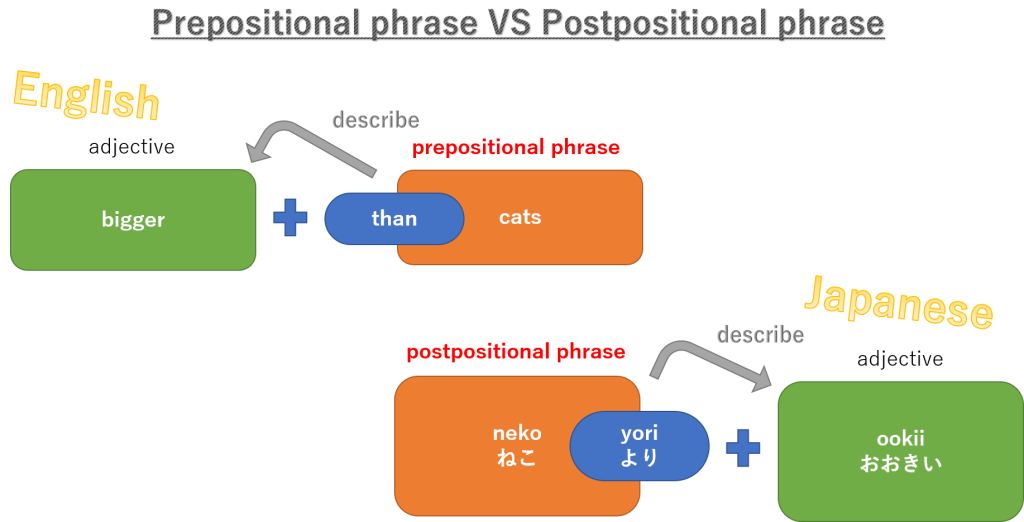
Let’s look at a few examples:
<Example 2>
Kanojo wa watashi yori umaku odore-masu.
かのじょ は わたし より うまく おどれます。
彼女 は 私 より 上手く 踊れます。
[she wa/は watashi than dance(able)]
She can dance better than me.
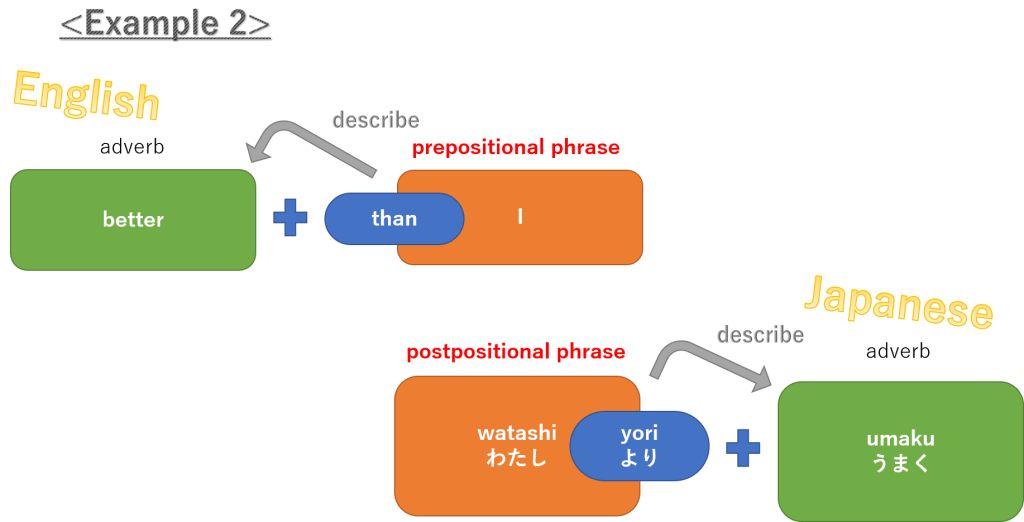
This sentence is talking about the comparison between I and something else, we know this because "watashi" is followed by yori/より.
<Example 3>
kooji wa boku yori hashiru-no ga hayai.
こうじ は ぼく より はしるの が はやい。
浩二 は 僕 より 走るの が 早い。
[Kooji wa/は I than running ga/が fast]
Koji runs faster than me.
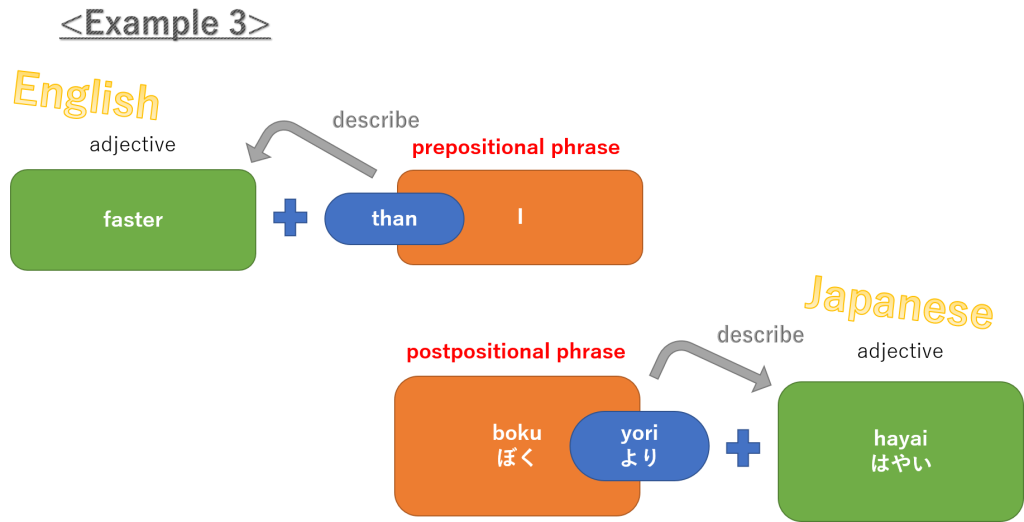
Here, "boku" is followed by yori/より, and this tells us that there is the comparison between I and something else.
You can find a new special pattern which includes verb in this sentence. If you want to say "A runs faster than B", you must phrase in fashion: "A wa/は B yori/より run no/の ga/が fast." You can make any other sentences just by changing verb and adjective in the sentence.

For example, "Boys eat quicker than girls" is "Otoko wa onna yori taberu no ga hayai" in Japanese.
The word order
The word order can be changed in a comparison sentence. Let's check it out.
<Example 1>
Zoo wa neko yori ookii.
ぞう は ねこ より おおきい。
象 は 猫 より 大きい。
[elephants wa/は cats than big]
Neko yori zoo wa ookii.
ねこ より ぞう は おおきい。
猫 より 象 は 大きい。
[cats than elephants wa/は big]
Elephants are bigger than cats.
The order of the word groups "zoo wa" and "zeko yori" can be changed.
<Example 2>
Kanojo wa watashi yori umaku odore-masu.
かのじょ は わたし より うまく おどれます。
彼女 は 私 より 上手く 踊れます。
[she wa/は watashi than dance(able)]
Watashi yori kanojo wa umaku odore-masu.
わたし より かのじょ は うまく おどれます。
私 より 彼女 は 上手く 踊れます。
[watashi than she wa/は dance(able)]
She can dance better than me.
The order of the word groups "kanojo wa" and "watashi yori" can be changed.
<Example 3>
kooji wa boku yori hashiru-no ga hayai.
こうじ は ぼく より はしるの が はやい。
浩二 は 僕 より 走るの が 早い。
[Kooji wa/は I than running ga/が fast]
Boku yori Kooji wa hashiru-no ga hayai.
ぼく より こうじ は はしるの が はやい。
僕 より 浩二 は 走るの が 早い。
[Kooji wa/は I than running ga/が fast]
Koji runs faster than me.
The order of the word groups "Kooji wa" and "boku yori" can be changed.
Here, let's look at the patterns again. The patterns can have a variation.
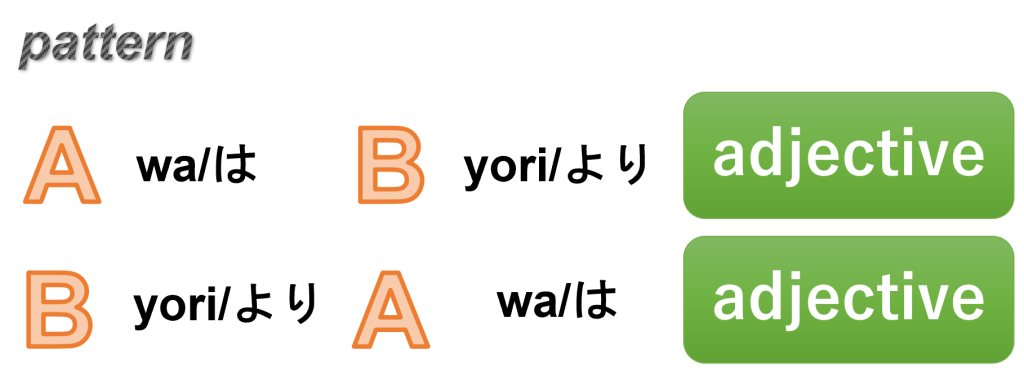

Verbs can be put before the participle yori/より
Basically, only nouns or noun groups can be put before participles, but there are exceptions. Verbs can be put before the participle yori/より.
Let's look at an example:
<Example 5>
Aruku yori basu ni noru hoo ga hayai.
あるく より ばす に のる ほう が はやい。
歩く より バス に 乗る 方 が 早い。
[walk than bus ni/に ride way ga/が fast]
Taking a bus is faster than walking.
Here, the verb "aruku", meaning walk in English, is put before the participle yori/より. When yori/より follows a verb like this, "hoo", meaning "way" in English, usually comes after another verb.
Let's learn more about "hoo".
Basically, "hoo" is used to focus on the word which is more applicable for descriptive phrase in comparison. That is, "hoo" always follows more applicable word for descriptive phrase in comparison.
Let's look at another example:
<Example 6>
Kiku yori hanasu hoo ga muzukashii.
きく より はなす ほう が むずかしい。
聴く より 話す 方 が 難しい。
[hear than speak way ga/が difficult]
Speaking is more difficult than hearing.
Here, "hanasu" is more applicable for the descriptive phrase "muzukashii" because "hanasu" is followed by "hoo".
"Hoo" can be put after nouns. When "hoo" comes after nouns, the participle no/の must be put between the noun and "hoo."
<Example 1>
Zoo wa neko yori ookii.
ぞう は ねこ より おおきい。
象 は 猫 より 大きい。
[elephants wa/は cats than big]
Zoo no hoo ga neko yori ookii.
ぞう の ほう が ねこ より おおきい。
象 の 方 が 猫 より 大きい。
[elephants of way ga/が cats than big]
Elephants are bigger than cats.
Here, "zoo" is more applicable for the descriptive phrase "ookii" because "zoo" is followed by "hoo".
Let's check out new patterns here.


Words that are similar to yori/より
There are three other words that are similar to yori/より. They are "yoriwa/よりは", "yorimo/よりも" and "yorika/よりか."
In most cases, yori/より can be replaced with one of these words. However, there is a slight difference in the meaning between them.
if yoriwa/よりは is used in a comparison, the subject word sounds not good example of the descriptive phrase but can be better example than the base word which is followed by yoriwa/よりは. In other words, both examples are below expectations but the word that is not followed by yoriwa/よりは is a better example of descriptive phrase. Or there is not big difference between the two examples.
if yorimo/よりも is used in a comparison, the subject word sounds much more better example of the descriptive phrase than the base word which is followed by yorimo/よりも. In other words, both examples meet expectations but the word that is not followed by yorimo/よりも is a better example of descriptive phrase. Or there is a big difference between the two examples.
Yorika/よりか is used to make a choice. When yorika/よりか is used in a sentence, it sounds that the subject word is a better choice for the descriptive phrase than the base word which is followed by yorika/よりか.
<Example 1>
Zoo wa neko yori ookii.
ぞう は ねこ より おおきい。
象 は 猫 より 大きい。
Zoo wa neko yoriwa ookii.
ぞう は ねこ よりは おおきい。
象 は 猫 よりは 大きい。
Zoo wa neko yorimo ookii.
ぞう は ねこ よりも おおきい。
象 は 猫 よりも 大きい。
Zoo wa neko yorika ookii.
ぞう は ねこ よりか おおきい。
象 は 猫 よりか 大きい。
[elephants wa/は cats than big]
Elephants are bigger than cats.
